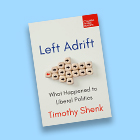
[EVENT | October 29] Left Adrift With Timothy Shenk
A conversation in New York with Dissent editor emeritus Timothy Shenk about his new book, Left Adrift: What Happened to Liberal Politics.


A conversation in New York with Dissent editor emeritus Timothy Shenk about his new book, Left Adrift: What Happened to Liberal Politics.
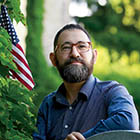
Historian and journalist Rick Perlstein explains what Democrats and the media are (still) getting wrong about the threat from Trump and the far right.
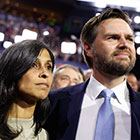
Matt and Sam talk to screenwriter Dorothy Fortenberry about families, gender, and the 2024 election.
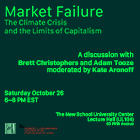
A discussion between Brett Christophers and Adam Tooze, moderated by Kate Aronoff.

Matt and Sam answer listener questions for their 100th episode—and hear from friends of the podcast, new and old.
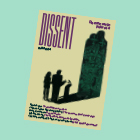
A preview of our Fall 2024 issue.

Matt and Sam talk to Vinson Cunningham about his debut novel Great Expectations, political theater, and Barack Obama.
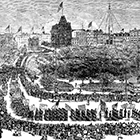
Labor Day was the first national holiday that a social movement both created and persuaded the state and businesses to honor.

Matt and Sam interview Daniel Schlozman and Sam Rosenfeld about their new book, The Hollow Parties: The Many Pasts and Disordered Present of American Party Politics.
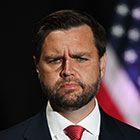
Matt and Sam revisit J.D. Vance’s 2016 memoir Hillbilly Elegy to try to understand the Republican vice-presidential nominee.

Join Dissent on August 2 at the Francis Kite Club.
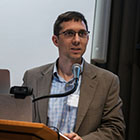
Patrick Iber will join Natasha Lewis as co-editor of Dissent.
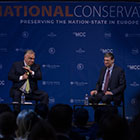
Matt and Sam are joined by historian Suzanne Schneider to discuss how Israeli illiberalism is inspiring the global right.

Matt and Sam interview John Ganz about his new book, When the Clock Broke: Con Men, Conspiracists, and How America Cracked Up in the Early 1990s.

Matt and Sam are joined by Neil J. Young to discuss his new book, Coming Out Republican: A History of the Gay Right.